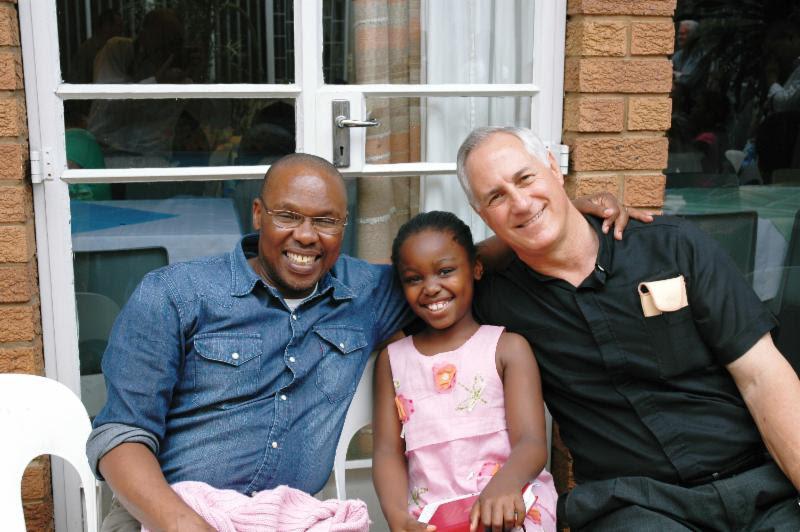Daniele Comboni
Missionari Comboniani
Area istituzionale
Altri link
Newsletter
Tuesday, December 19, 2017
Christmas time brings back rich and nostalgic memories, but it is also a time in which we are invited to reflect on the deepest meaning of the Incarnation, the gift of God’s giving of self to us in a human life. One of my favorite Christmas memories takes me back to when I was a young teenager. On Christmas Eve we had a small family gathering of my parents, myself, my siblings and my maternal grandparents and maternal aunts and uncles. We exchanged greetings and gifts, and had small snacks. (...) [Fr. John Converset, in the picture on the right].
Then it was time for midnight Mass. I and friends of my age walked roughly a mile to church over freshly-fallen, crisp snow that crunched under our feet. The cold air bit into our nostrils and our noses were half-frozen by the time we reached the church. The church was flooded with light and warmed by the body-heat of so many people. The solemn high Mass was in Latin, as was most of the singing. The church was full of families, including many very young children.
Many years later I had my first Christmas in South Africa. The whole experience was very different. There Christmas is in the hottest time of year, due to “opposite seasons” in the southern hemisphere. I arrived during the very worst years of Apartheid. There was little work in the “homeland” areas where we were. Men, and many women too, were away from home for nine months to a year at a time to work in the big cities and mines. Due to the Apartheid laws they could not take their families with them. Nor could they travel back and forth from their distant work areas to their homes very often.
Christmas is when most of the men came home for a holiday with their families. Many did not want their wives and children to go to church, leaving the men alone at home. There was no midnight Mass – it would be dangerous to have many people out on the roads so late at night. And there were few people in church on Christmas day.
Some of the men drank very heavily, more or less the whole time when they were at home. As a consequence there were many fights, many stabbings, and many deaths – people in the homelands were not permitted to own guns; otherwise there would have been many more killings! There were also many auto accidents, the result of drinking while driving on bad roads. It was a dreadful time for the emergency response teams. Christmas was the worst time of year for doctors and nurses who were on duty in the emergency wards of hospitals.
What a terrible way to spend Christmas! I would often be sad, aware of the people’s hardships. But on further reflection over the years, I see that Jesus became human in a similar situation. Roman-occupied “Palestine” could be a brutal place. The Romans had little compassion on their political enemies. “Zealots” sought to ambush Roman officials. Herod could also be very ruthless if he sniffed any political unrest or opposition. Criminals preyed on the vulnerable, like the man going down from Jericho to Jerusalem. Many people felt abandoned and dehumanized.
Jesus freely chose to become human with us in that terrible situation. The measure of God’s love is not only that the Eternal Son of God became human with us – already an astounding act of “condescending love” — but that Jesus chose to be with us in such devastating circumstances.
Have a very blessed Christ-Mass! We celebrate God’s incredibly generous and persistent love for us.
By Fr. John Converset, mccj




